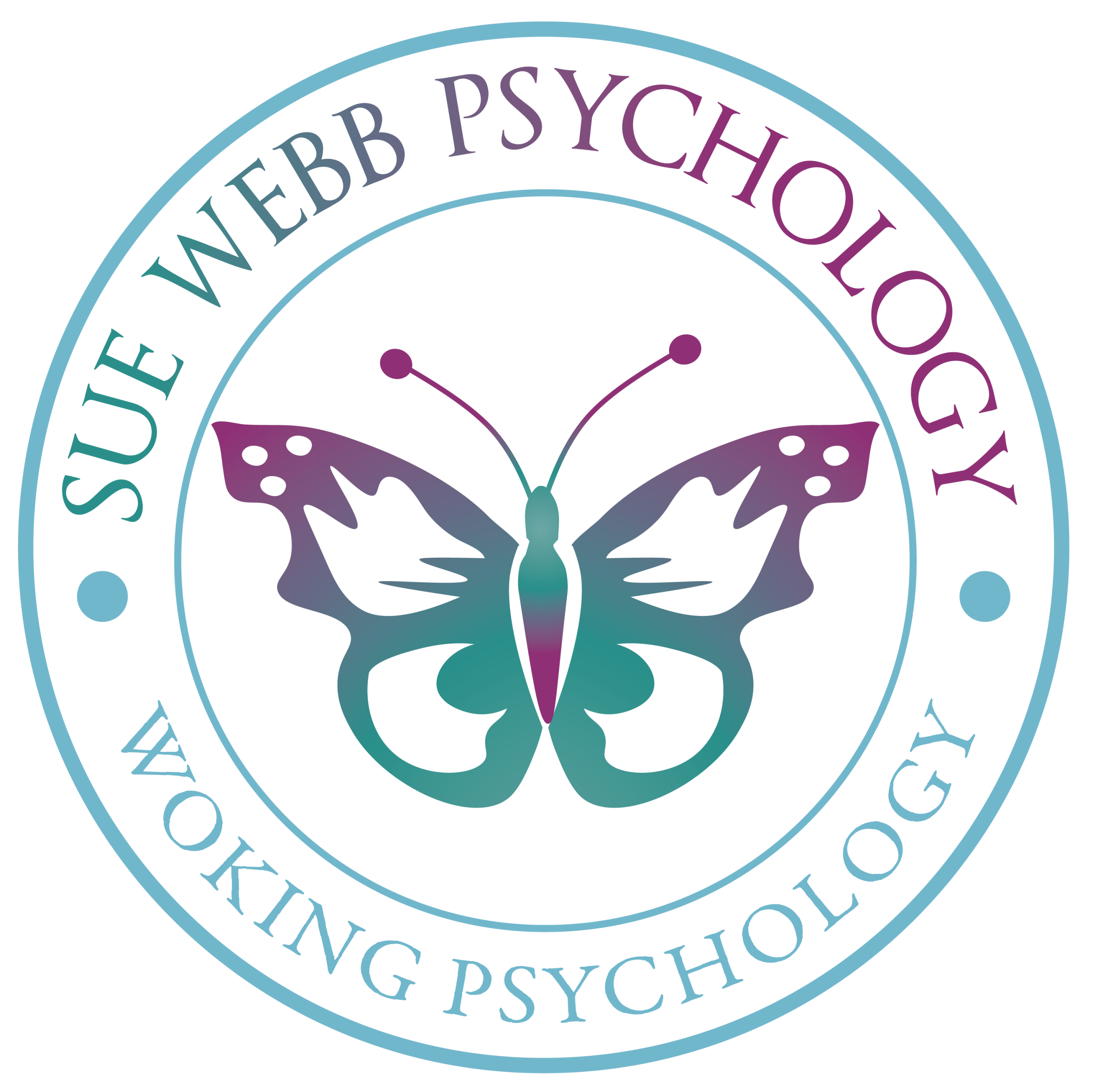What is Obsessive Compulsive Disorder?
Obsessive-Compulsive Disorder (OCD) is a mental health condition characterised by persistent, distressing, and intrusive thoughts (obsessions) that lead individuals to engage in repetitive behaviours or mental acts (compulsions) aimed at alleviating the anxiety associated with those thoughts. This complex and often debilitating disorder affects people from all walks of life, impacting their daily functioning and quality of life.
Obsessions, the cornerstone of OCD, are unwanted and distressing thoughts or mental images that repeatedly invade an individual’s mind. These thoughts often provoke intense anxiety and discomfort. Common obsessions include fears of contamination, fears of harming oneself or others, concerns with symmetry, and intrusive sexual or religious thoughts. The themes of obsessions can vary widely, but they share the commonality of causing significant distress.
Compulsions, on the other hand, are ritualistic behaviours or mental acts that individuals feel compelled to perform in response to their obsessive thoughts. These compulsions are carried out with the belief that they will prevent a feared event or reduce the anxiety associated with the obsessions. Compulsions can manifest as washing, checking, counting, repeating actions, or mental rituals like praying or silently repeating words. While these rituals may temporarily alleviate anxiety, the relief is short-lived, and the cycle of obsession and compulsion often intensifies.
OCD is a chronic condition that can significantly impact an individual’s daily life, relationships, and overall well-being. The compulsive rituals may absorb considerable time, leading to disruptions in work, academic pursuits, and social activities. Moreover, the distress caused by obsessive thoughts can lead to avoidance behaviours, limiting an individual’s engagement with various aspects of life.
The exact cause of OCD remains elusive, but a combination of genetic, neurological, behavioural, cognitive, and environmental factors is believed to contribute to its development. Research suggests that imbalances in neurotransmitters, particularly serotonin, play a role in the manifestation of OCD symptoms.
Diagnosis and treatment of OCD typically involve a multidimensional approach. Mental health professionals use clinical interviews, self-report assessments, and observation to diagnose the disorder. Cognitive-behavioural therapy (CBT), specifically exposure and response prevention (ERP), is considered the first-line treatment for OCD. ERP involves exposing individuals to the thoughts, images, or situations that trigger anxiety (exposure) and then preventing the accompanying compulsive rituals (response prevention).
Medications, particularly selective serotonin reuptake inhibitors (SSRIs), are often prescribed to help regulate neurotransmitter levels and alleviate symptoms. In many cases, especially during a bad episode or flare-up of OCD, a combination of therapy and medication is often recommended.
Understanding and destigmatizing OCD is crucial for fostering empathy and support for those affected. OCD is not merely a quirk or a personal choice but a complex neurological condition, which can be greatly reduced and managed.
How do I know if I have OCD?
If you find yourself trapped in persistent, distressing thoughts (obsessions) that lead to repetitive behaviours or mental acts (compulsions), you may be experiencing symptoms of Obsessive-Compulsive Disorder (OCD). Common obsessions include fears of contamination, harm, or disturbing thoughts, while compulsions involve repetitive rituals like washing, checking, or counting. If these patterns significantly interfere with your daily life, causing distress and consuming a substantial amount of time, it’s advisable to seek professional evaluation.
People with OCD can spend hours of their day worrying about particular thoughts, feeling very ashamed of the thoughts they are having but feeling powerless to stop them. They will often be completely exhausted from days, weeks or even months of trying to deal with these worries. If they have routines and rituals as well as ruminations (thoughts which can include mental checking), it can feel like being on a merry-go-round without being able to get off. You don’t want to do it, but the thought of possible consequences of NOT doing it, makes you feel too scared to stop.
OCD is a very cruel disorder. It affects many people, many of whom feel they are logical, rational thinkers, but it is very hard to conquer on your own. It can feel extremely lonely, as the sufferer often believes that their thoughts make them a “bad” person, so they cannot tell anyone.
If this description applies to you, then please reach out and get help. OCD can be greatly reduced and managed with the right help. As a Clinical Psychologist, working in my clinic in Woking, Surrey, I have many years of experience working with individuals with OCD.
Once people have it under control, they can live a normal life again and the fear that fuels OCD goes away.

